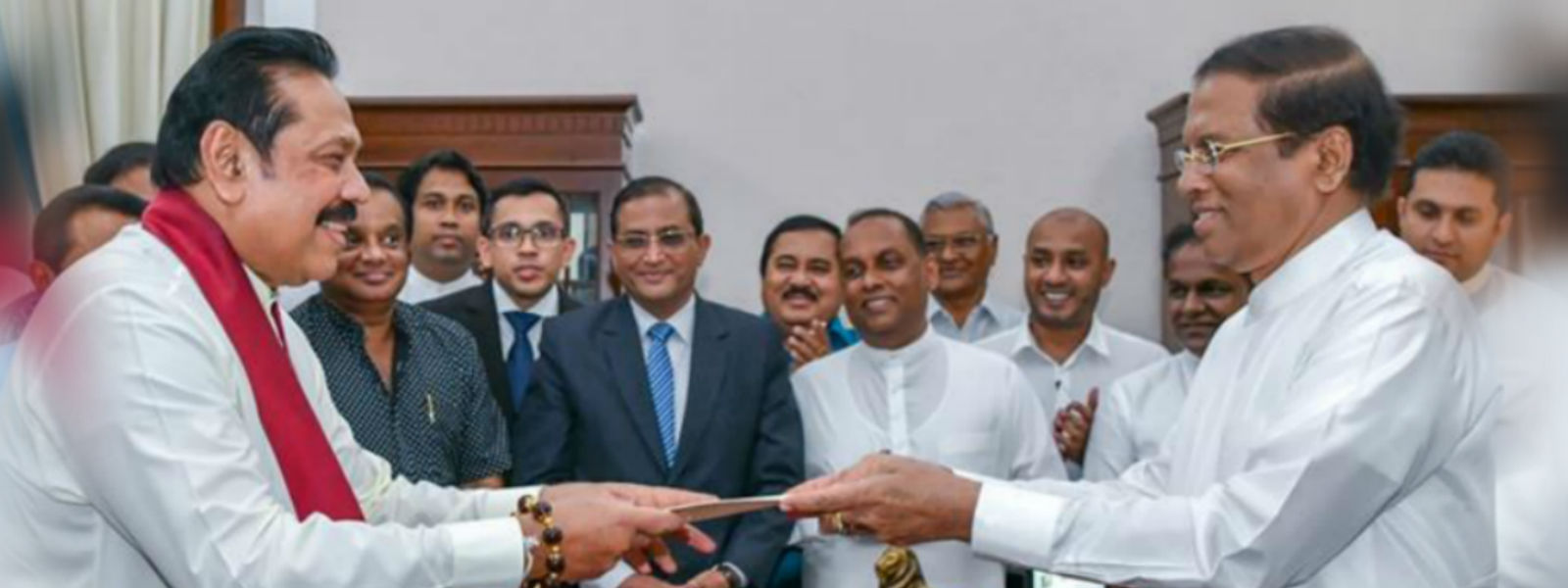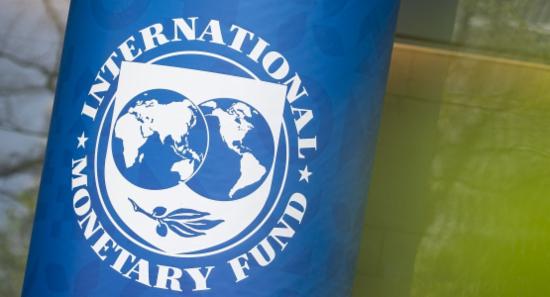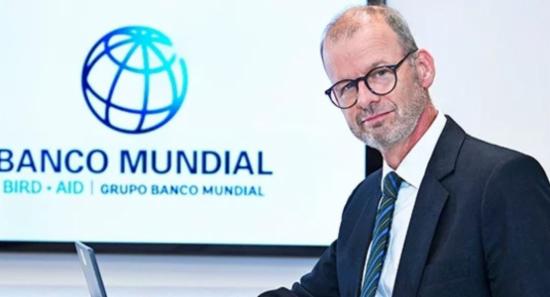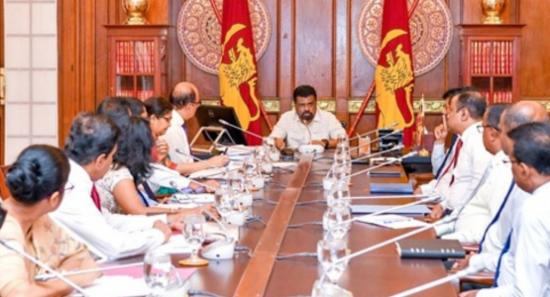.webp)

FOR ALL THE PROCEDURE – GOVERNANCE STINKS IN PARADISE
POLITICAL INSIGHT WITH @PROBUONO
In mid-2014 the frustration levels were up. President Rajapaksa hailed as the undoubted war-winning hero had failed to get to grips with the most pressing issue then as indeed it still remains: the economy. Sri Lanka’s people had little choice but to push back on their own aspirations tightening their proverbial belts continuously during the three decades long terror war. The Rajapaksa leadership read the poll results wrong even if those presidential elections were held soon after the war came to a close. Rajapaksa ought to have taken that result – a little over 58% - as a sign of the growing peoples’ displeasure at what was at least perceived to be rampant corruption, nepotism and of course for-all-to-see an unprecedented authoritarianism. Rightly or wrongly, there was a definitive fear psychosis that hung over the island. Spurred by the late Sobitha Thera’s call for good governance no less than 47 disparate groups came together and thus was born the Good governance movement. The expectation was high that the war was behind us and that a wholesale redevelopment of the economy would bring in an all new time frame to the island.
Since January 2015 however there has been little good governance. Instead amongst the endemic political patronage and resultant corruption, the United National Party for so long in the opposition, embarked on a series of measures that would help them to seize control of government no matter what.
The economy came to a grinding halt, projects were put on hold, the money supply dried up, thousands were made redundant and the collective bottom line of corporates involved in infrastructure development took a frightening nose dive.
The ad-hoc and hasty manner that the 19th Amendment was presented can be directly attributed to the current impasse that has engulfed the nation ever since the UPFA withdrew from the national government – a partnership between the United National Front (UNF) and the UPFA. The effect of that withdrawal led to the appointment of a new Prime Minister and a cabinet anew.
Aspects of the 19th Amendment were at odds with the overall constitutional powers vested in the Executive President as the Head of State and somewhat surreptitiously the Prime Minister seemed to be the new chief executive in all but name. The late Hemantha Warnakulasuriya described the President being reduced to a “eunuch” in the aftermath of the passage of the 19th Amendment. Sadly the President himself and his advisors did not fully appreciate the effect and import of the 19th Amendment.
Many if not all voters would have voted for the Presidency to be in place for a full six years. Imagine their chagrin when that was curtailed to five years without as much as a say so thank you very much.
If we need to place the blame – after all it is simply pedantic and even an exercise in futility – then we do so at the doorstep of the authorities charged with ensuring fair play to the benefit of all and the detriment of none.
Those corporates who both survived the thirty plus years of war and those who started their businesses within that period were perhaps the most cheated by the failure of the economy to take off after the war and then again after January 2015. Especially so as the prime component of the unity government was the very capitalistic orientated United National Party. To say that the party of choice for commerce and an open market completely failed in its remit would easily qualify for the understatement of the century.
THE INTERNATIONAL PERSPECTIVE:
Ever since President JR Jayawardena propelled Sri Lanka towards greater economic freedom with his laissez faire policies, Sri Lanka has been the hunting ground of the Americans, Indians, Japanese and of course the Chinese.
The LTTE raised its ugly head and the economy was stuck in an abyss of despair for over thirty years. It is not too difficult to envisage what the fortunes of our larger corporates like the John Keels, Capital Maharaja, Vallibel, Softlogic, MAS, Brandix of our world, would have been had the war not been a participant component in our economy.
Some undoubtedly benefitted from the scourge of the war and are the billionaires of today thanks to the scourge of that war.
However we look at it the economy of our country has not done justice to the inherent entrepreneurial spirit of the Sri Lankan citizenry. Our elected legislators have paid scant regard to this most important aspect of governance.
The international community from whom we hope to obtain foreign currency by investment in our country’s assets including its workforce, strategic location and liberal minded lifestyle, places great value in the rule of law.
When that same community is treated to media reports of the war winning Army Commander being dragged out of his office feet first then incarcerated in an unknown location for a while, then jailed for 30 months on the most flimsiest of charges leading to immediate concern that it was more personal animosity than real conflict of interest that led to the jailing the world became privy to the lobsided governance in Sri Lanka.
We have reports of the Inspector General of Police not only consorting with known criminals but also acting subservient to political masters thus disregarding and watering-down the rule of law and departing from due process and compounding matters by not having a significant inquiry into allegations of an attempt to assassinate the Executive President and the war winning Defence Secretary the concern expressed in our country’s system of governance by the international community will hardly endear this nation to large foreign investments.
The manner in which the Central Bank bond scandal has been handled by the government and the opposition too, will undoubtedly attract the attention of foreign direct investors. The flippancy of the Prime Minister in defending his longtime friend the former Governor of the Central Bank only to later find out of the colossal fraud perpetrated against the people of the country will be of sufficient import to convey to the international community that corruption and political patronage are as robust as ever in Sri Lanka. Investors may have to introduce an additional cost centre when considering investments on this paradisian isle.
DISJOINTED RULES ABOUND IN SRI LANKA
Early last week Sri Lanka’s highest ranking serving military officer, Admiral Ravi Wijegunaratne turned up at the Colombo Fort Magistrates Court. He turned up from his office in military uniform. He was asked to turn up as a civilian. Almost too predictably he was remanded to a week in the Colombo Remand Centre home to thousands of drug addicts, dealers, murderers, and terrorists – the full complement of what constitutes a prison population.
The grouse and the shame is several-fold: Admiral Wijegunaratne is a serving officer indeed the Chief of Defence Services. The Navy from where he comes and the Police who are investigating his role are both organs of the state.
It would have been better and far more appropriate for the Admiral to have been held – if indeed he needed to be held – under house arrest rather than subject the highest serving officer to the ignominy of having to bed down on the floor surrounded by hundreds any of whom may have taken a dig at him simply because of who he was.
Adding further to the shabby treatment of a man who has served his entire working life in the pursuit of the defence of this nation, the Admiral was kept waiting for at least four and one half hours inside the remand prison bus in the car park of the court house.
Despite all of this soon after being given bail, he returned immediately to resume his duties. Life he must have felt, had turned full circle. For the motherland, he slept on a hard concrete floor. No wonder that four surviving monks of the Aranthalawa massacre left the priesthood and promptly joined the Sri Lanka Army.
In remanding the Admiral we feel that our country was hard done by. He had arrived in Court early enough for the Police to record a statement then and there. That is all they the Police wanted or so they said.
The usual rule is that one simply does not remand in order to get a statement. The most fundamental principle of our law is the presumption of innocence.
The second point is of course that in our law the granting of bail is the norm whilst refusing bail is the exception.
As it turned out, the Police offered no evidence in terms of the so-called intimidation of a witness and on that basis the Admiral was bailed out and asked to return in January.
Let us hope, wish and pray that the Supreme Court will not be silent on the several points raised during this debate of all debates in sunny Sri Lanka.
The Attorney General had this to say in his submissions:
The allegations on the dissolution of Parliament prior to the expiration of four years and six months and the intentional violation of the Constitution and an abuse of power by the President are not justifiable under Article 126 of the Constitution, as there is a specific and prescribed procedure set out in Article 38(2) of the Constitution, setting out the manner in which the Supreme Court may exercise jurisdiction regarding an alleged intentional violation of the Constitution and abuse of power by the President.
“Any Member of Parliament may by a writing addressed to the Speaker, give notice of a resolution alleging that the President is permanently incapable of discharging the functions of his office by reason of mental or physical infirmity, or that the President had been guilty of intentional violation of the Constitution, treason, bribery, misconduct or corruption, involving the abuse of powers of his office or any offence under any law, involving moral turpitude.
“He is to set out full particulars of the allegation or allegations made and seek an inquiry and report thereon by the Supreme Court. “No notice of such resolution shall be entertained by the Speaker or placed on the Order Paper of Parliament unless it complies with the provision and such resolution is passed by no less than one-half of the whole number of Members of Parliament.“Where such resolution is passed by not less than two-third of the whole number of members voting in its favour, the allegation or allegations contained in such resolution shall be referred by the Speaker to the Supreme Court for inquiry and report. “Where the Supreme Court reports to Parliament, the Parliament may by a resolution passed by not less than two thirds of the whole number of Member remove the President from office “When the Executive Head of State is vested with paramount power and duties, he should be given immunity in the discharge of his functions. “Article 38 has made provision for the removal of the President for intentional violation of the Constitution, treason, bribery, misconduct or corruption and any offence under any law involving moral turpitude. “It is essential that special immunity must be conferred on the person holding such high executive office from being subject to legal process or legal action and from being harassed by frivolous actions. “That is the rationale for the immunity cover afforded for the President’s actions, both official and private. “However this would not be the case, as the Supreme Court may continue to exercise jurisdiction in respect of the conduct of the President which constitutes executive and administrative action. “The acts of President impugned do not constitute executive and administrative action under Article 126 and is therefore covered by the immunity conferred by Article 35 of the Constitution. “The dissolution of Parliament cannot be considered an act of the Government or agency of the Government to constitute executive and administrative action for the purpose of Article 126 “The dissolution is a power exercised by the President under Article 33(c) and 70(1) qua (in the capacity of) the Head of State, and the Supreme Court cannot exercise jurisdiction in respect of such conduct under Article 126. “Article 126 was not intended to be an instrument by which the judicial arm of Government could usurp the function of the Head of State. “The dissolution of Parliament cannot constitute a violation of Fundamental Rights. It enhances the sovereignty of the people to exercise their franchise. “The President as custodian of the executive power of the people, is empowered to exercise the power to dissolve Parliament in the best interests of the people. “The Proclamation of dissolution of Parliament was exercised by the President in good faith and in the best interests of the people. “The President’s power to dissolve Parliament at any time is reinforced by Article 62(2) of the Constitution. “The power to dissolve Parliament is a prerogative power which cannot be subject to judicial review. The President’s proclamation is a political question which courts are ill-equipped to review.”
Other Articles
Featured News





.png )


-796192_550x300.jpg)



























.gif)